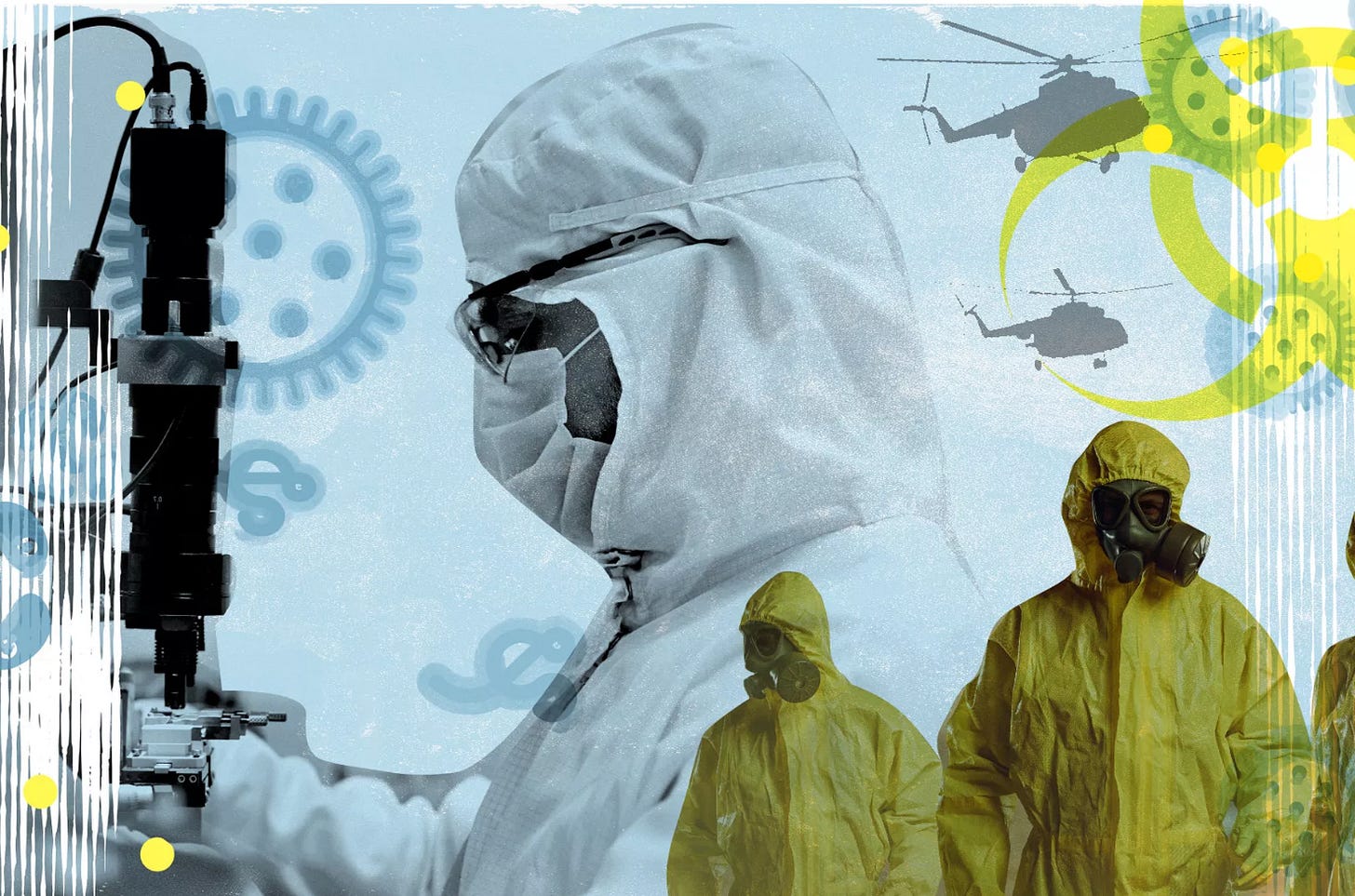Issue #184 - people don't like Waymo's cars; designer bugs; AlphaZero asserts its dominance in playing games
View this email in your browser
This week - people don't like Waymo's cars; designer bugs; AlphaZero asserts its dominance in playing games; prosthetics; and more!
The most clicked link in last week's issue (16% of opens) was a video from NVIDIA showing the first interactive virtual world generated by an AI.
MORE THAN A HUMAN
A New Prosthetic Arm Takes the Place of a Phantom Limb
Many amputees sometimes feel like the limb they lost is still there. For reasons that aren’t fully understood, these phantom limbs are registered as extant limbs by the brain, and may lead to feelings of clenched muscles, itching, burning, and pain. A new robotic arm harnesses the phenomenon by hijacking the wayward signals that people’s brains try to send to phantom limbs — and using them to control the prosthesis. With minimal training, two people outfitted with the new robotic arm were able to use it to grab and drop objects by trying to control their phantom limbs, according to a new research.
Even China Roundly Condemns Editing the Genes of Babies
At first Chinese media celebrated Jiankui He, the scientist who last week announced he had edited the girls' DNA. But within hours the story began to flip, and the narrative that emerged across the mainland was one of caution and censure.
► Bionic Superhumans: The exciting Future of Prosthetics
This video tries to explain the present state of bionics and the probable future of it.
► Transhumanism: Should We Merge With Machines?
This video explains the philosophical foundations of transhumanism and then outlines a potential path from being a human being through becoming a transhuman to posthuman and eventually to become a metahuman.
ARTIFICIAL INTELLIGENCE
AlphaZero Crushes Stockfish In New 1,000-Game Match

DeepMind's AlphaZero has crushed Stockfish (considered to be the strongest open-source chess engine in the world). The updated version of AlphaZero was able to beat the top computer players in chess, go and shogi after just a few hours of self-training, starting from just the basic rules of the games. If you are interested in chess, this link includes game analysis.
ROBOTICS
People Are Road Raging At Waymo’s Self-Driving Cars

The streets are becoming unsafe for self-driving cars. Police have responded to “dozens of calls regarding people threatening and harassing Waymo vans,” Arizona Central reports. There have at least 21 incidents, according to the news report, in which safety drivers — human “passengers” behind the wheel, assigned to oversee the driving of each of Waymo’s autonomous vehicles — were harassed in some way or another.
Where are the drones? Amazon’s customers are still waiting
Five years ago, Jeff Bezos promised delivery drone by December 2019. Five years later and there are no drones flying above us dropping packages from the air. The technology and regulations have proven to be a major problem in making Bezos' vision a reality.
That night, a forest flew
Here is the story of DroneSeed - a company that uses drones, machine learning and biological engineering to plant new trees quicker and more efficient.
Robotics pioneer believes machines will make us happier
Oh Jun-Ho got famous when his robot, HUBO, won DARPA Robotic Challenge in 2015. In this interview, Oh shows his workshop full of robots and shares his philosophy on robotics. In his view, robots can help us have dignity when we are old. He's also of opinion that if a robot can do a job human can do, then we should stop doing it and focus on what we are good at, like our creativity.
BIOTECHNOLOGY
“Designer bugs”: how the next pandemic might come from a lab

Like every technology, synthetic biology can be used for good and for bad. This article tackles the latter, exploring how someone can make a potentially civilization-threatening virus and how we can prevent this scenario from happening.
► How to create a world where no one dies waiting for a transplant
In this TED Talk, geneticist Luhan Yang explains a breakthrough in xenotransplantation. By using CRISPR, a technique for editing genes, she and her colleagues have created pigs that don't carry the virus, opening up the possibility of safely growing human-transplantable organs in pigs, helping solve the organ shortage crisis.
Thank you for subscribing,
Conrad Gray (@conradthegray)
If you have any questions or suggestions, just reply to this email or tweet at @hplusweekly. I'd like to hear what do you think about H+ Weekly.
Follow H+ Weekly!



